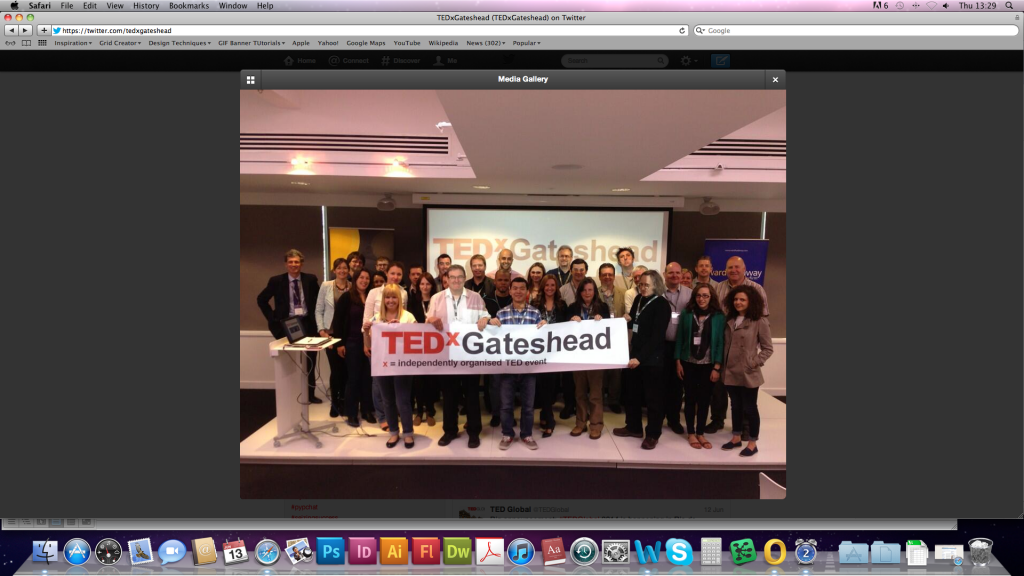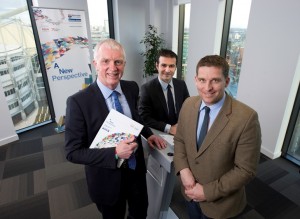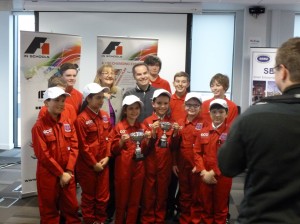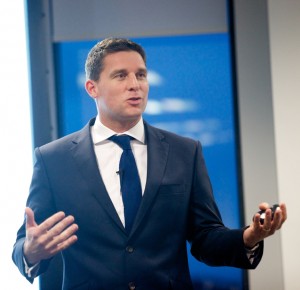Professor John Wilson, the Director of Newcastle University Business School (UK), introduces a blog which will offer new perspectives on topical issues in management, economics, and innovation.
What does the term management mean to you?
We live in a world of uncertainty and with this we have witnessed some huge failures of management, namely, failure of those in charge to make sense of a business issue and make the right decision.
Management is a term that has become imbued with tales of disaster, from Enron and the current financial recession to the BP Gulf oil spill of 2010.
In many scenarios top management have set targets – often financial – related to sales and returns to shareholders; meaning that the focus of the organisation has become the achievement of these targets at the expense of customer service and, in extreme cases, legality.
Here, at Newcastle University Business School, we want to make management a career of choice for people who want to make a difference. Our mission is to build excellence in our teaching while providing new, global business perspectives that contribute to the responsible and ethical shaping of society.
So how do we start to solve this issue and make sure our future leaders can manage safely, efficiently and sustainably; not focused on the bottom line, but on the holistic picture? How can we start to shift this current perspective on management?
Quite simply, we must go back to the basics: the education of management practice and how we teach this craft.
At school and university there is a risk that management (business studies) is seen as either a second-rate subject or studied primarily as a route to employment, rather than having a passion for the subject.
Here, at Newcastle University Business School, we want to inject it with a new perspective: to give it a true meaning that has been lost and overwritten during recent crises.
The true meaning of management is centered upon some key principles:
• responsibility – changing the world for the better through ethical supervision;
• bravery – employees standing up to forces driving them to do the wrong thing;
• innovation – constantly seeking and adopting improvements to products, services and ways of working;
• collaboration – enabling individuals from different backgrounds, disciplines and cultures to work together effectively to create value and to develop their effectiveness; and
• being ambidextrous – exploring and innovating to create the ‘business for tomorrow’ and at the same time making sure that the ‘business of today’ operates effectively and continues to develop.
Good management practice is vital for new enterprises, growing successful organisations, tackling complex issues including societal challenges, research commercialisation and the successful development and operation of the public sector and not-for-profit and social enterprises.
The Business School draws on its research strengths, learning community and business engagement to engage students in active, learning activities that help develop higher level managerial competences.
We are working hard to ensure that management graduates are ready to share their knowledge with colleagues, teams and organisations, in a bid to develop their ability to make a difference, and start to develop a new perspective on management.
Professor John Wilson, Director of Newcastle University Business School.






